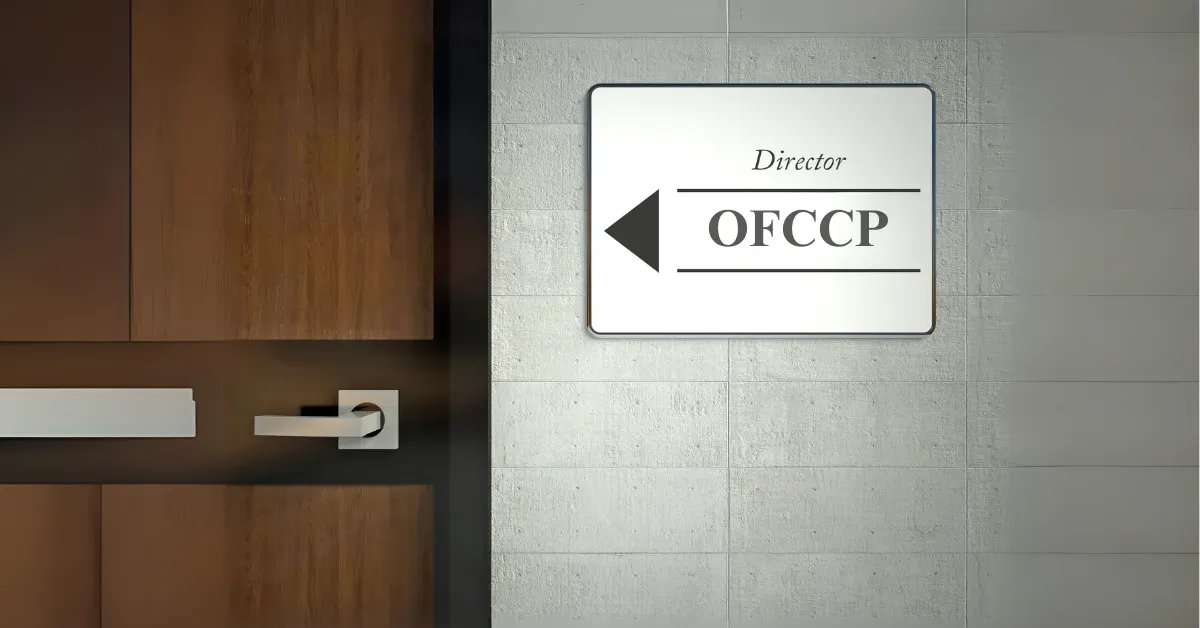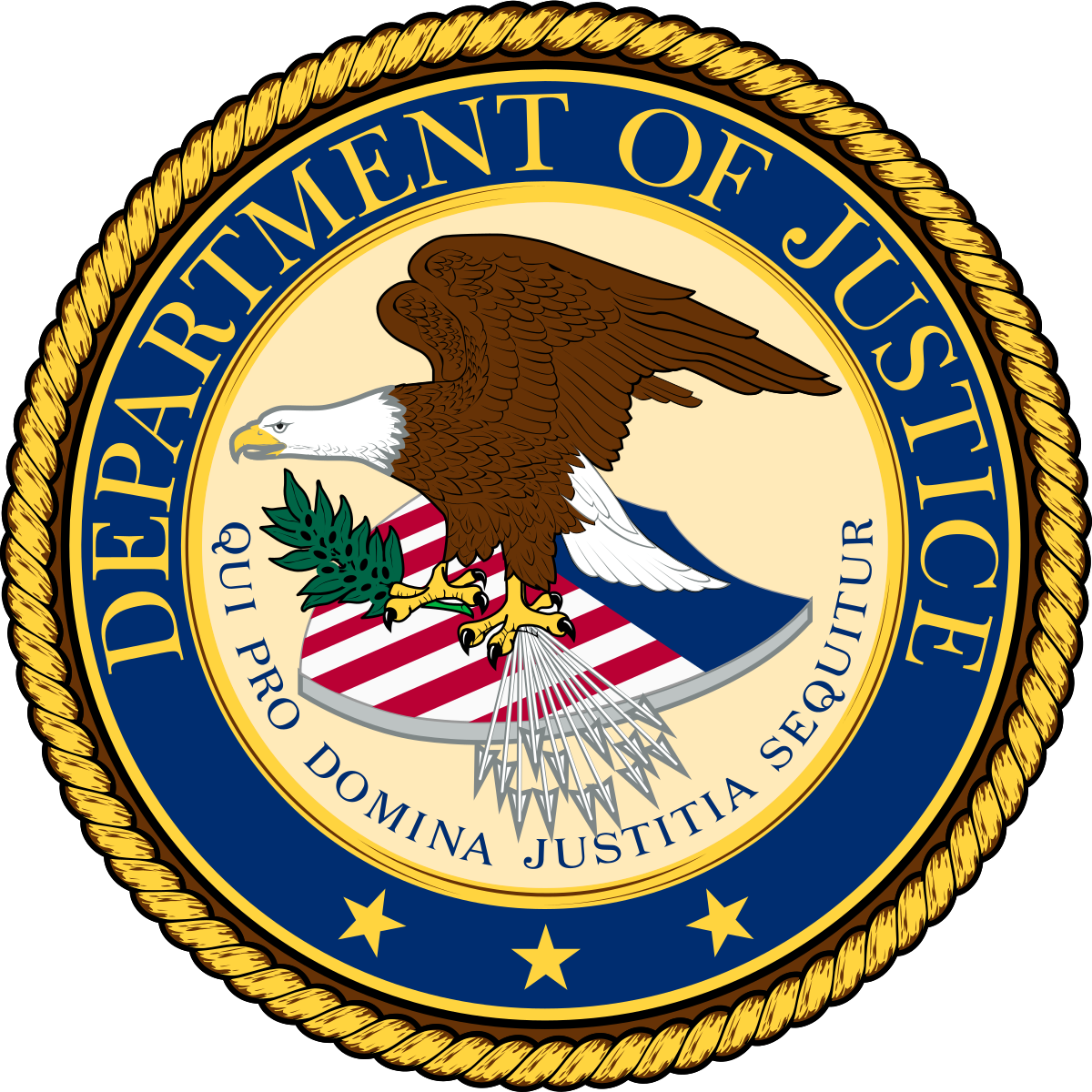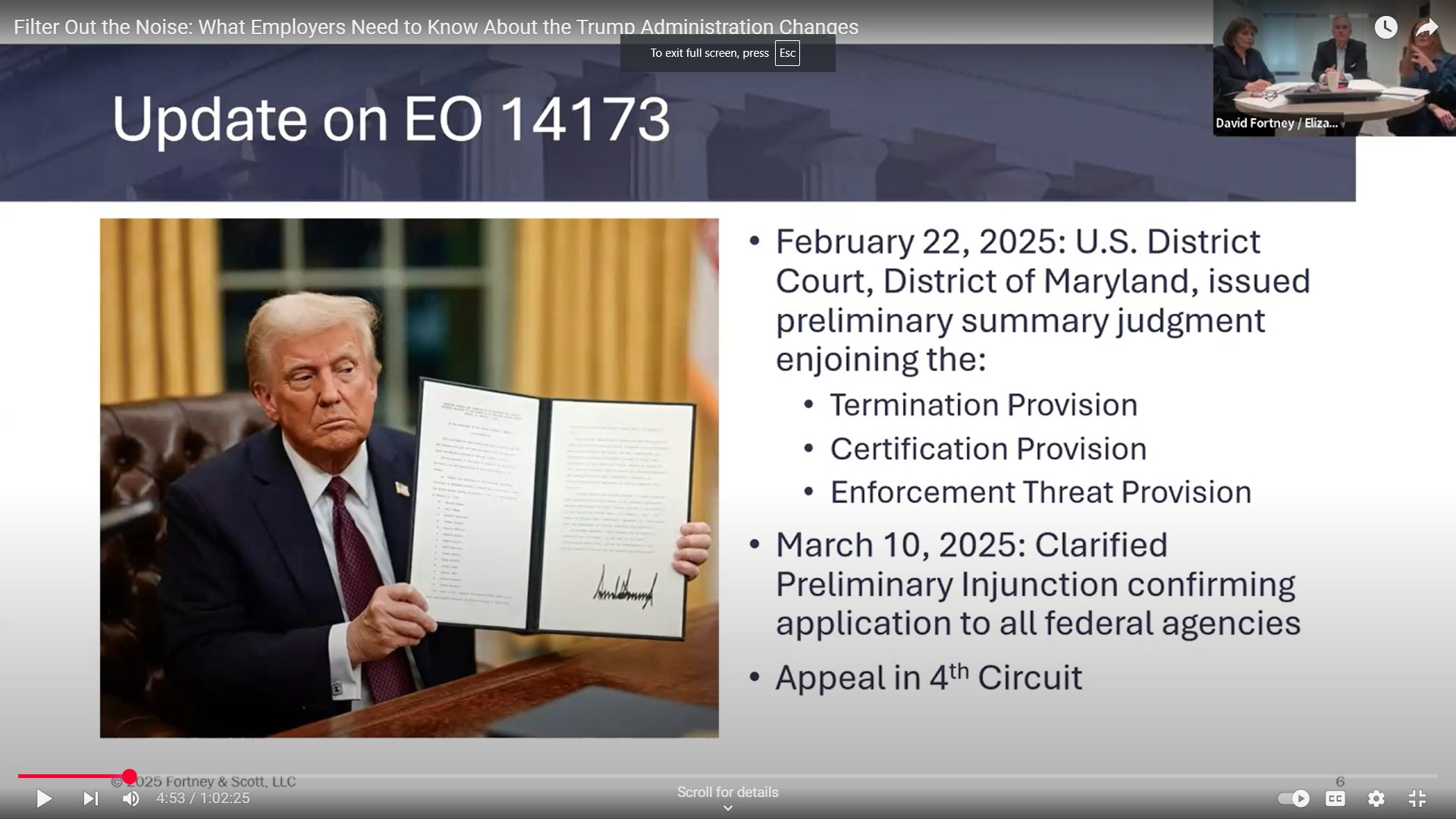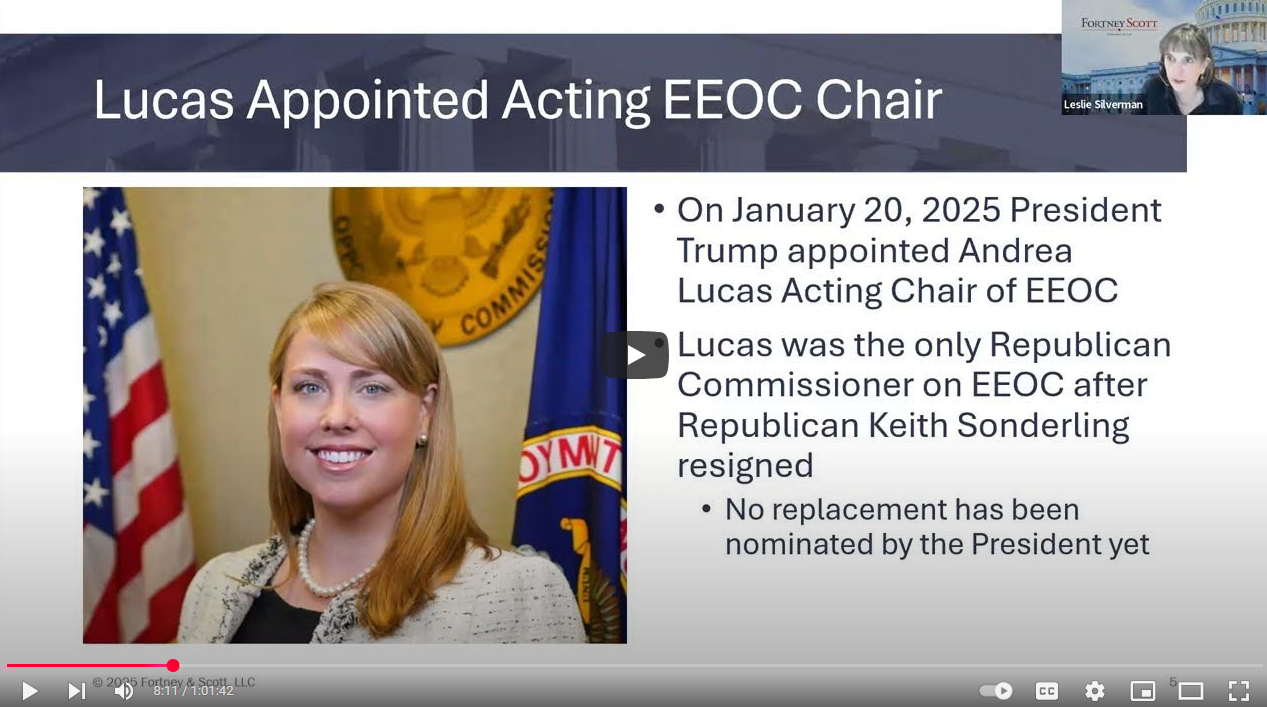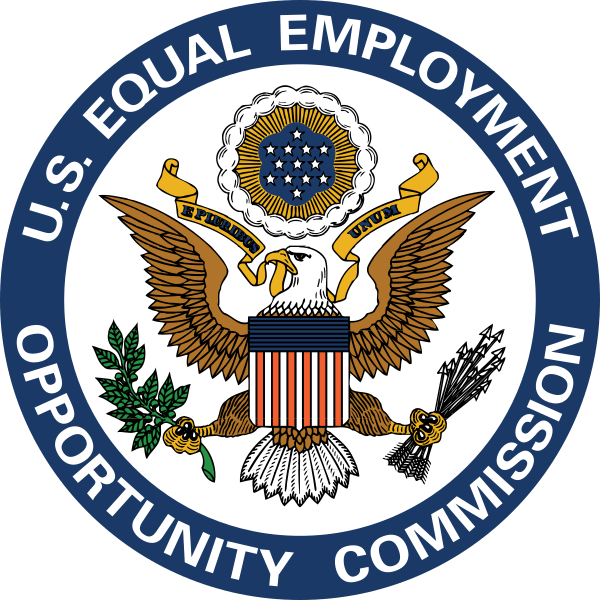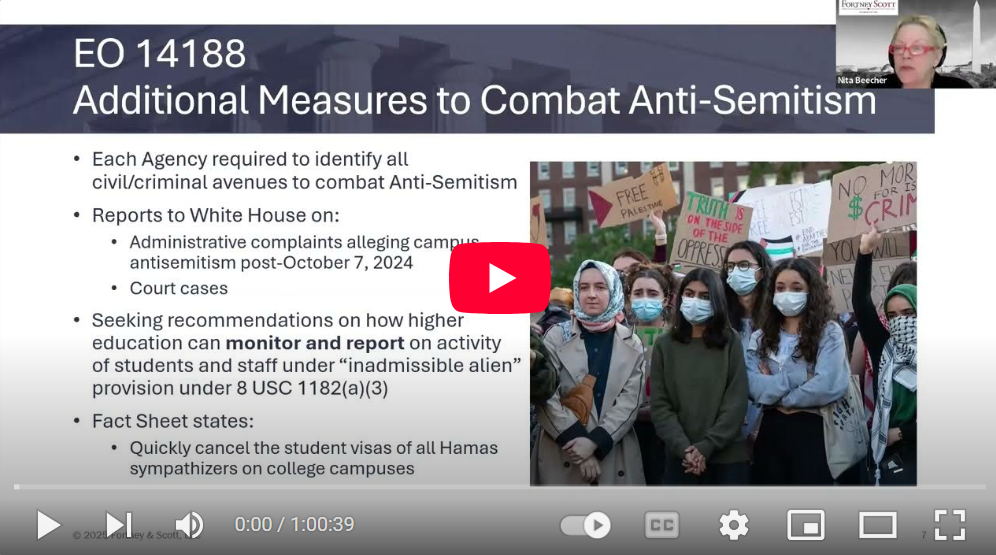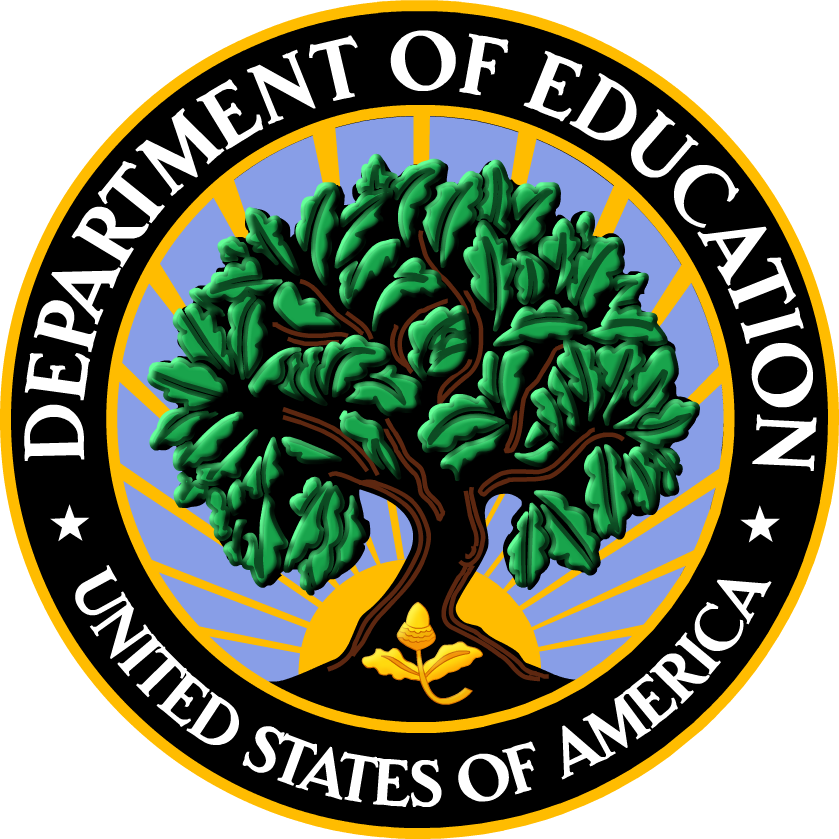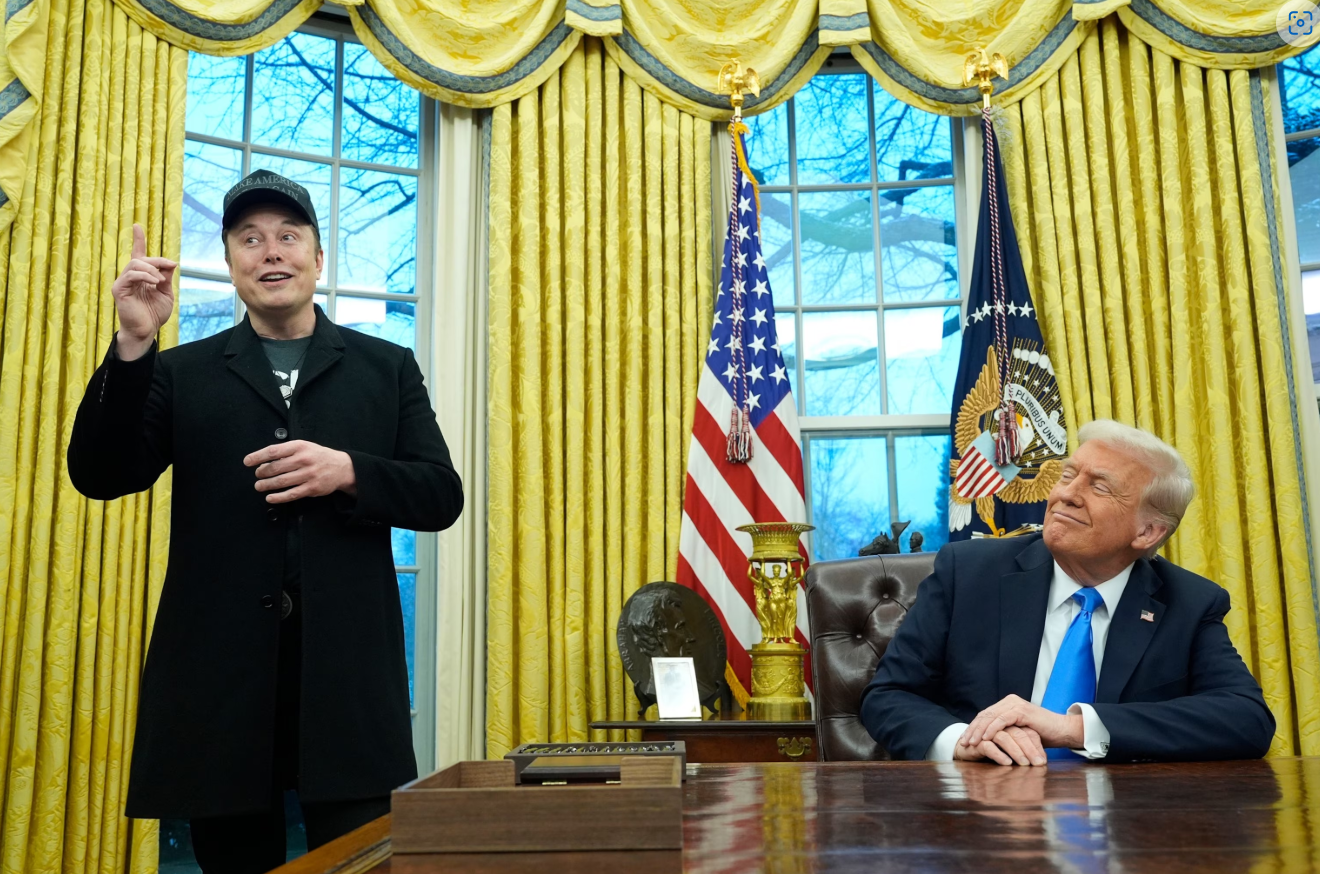Supreme Court Ends Affirmative Action in University Admissions
In the cases of Students for Fair Admissions Inc. v. President and Fellows of Harvard College and Students for Fair Admissions Inc. v. University of North Carolina, the Supreme Court ruled, 6-3, that using race as a factor in university admissions violates both the 14th Amendment of the Constitution and Title VI of the Civil Rights Act. At the root of the Court’s decision is a profound questioning of whether “diversity” and all its related attributes, provide a sufficient basis to overcome the legal hurdle of using racial preferences.
The Opinion
Chief Justice Roberts wrote the majority opinion for the Harvard case but addressed the constitutional issues underlying both cases.* It is a withering rejection of the Court’s prior rulings in the Affirmative Action sphere. Noting first that the Universities’ admissions programs overtly circumvent the constitutional requirement of “equal protection,” the opinion made clear that, despite prior holdings to the contrary, those programs did not present a narrowly tailored, compelling governmental interest that would permit an exception to the constitutional prohibition on using racial preferences. In explicit terms, the Court held that the rationales that had supported prior rulings by the Court were inadequate. Specifically, the Court determined that such justifications as “training future leaders in the public and private sectors”; preparing graduates to “adapt to an increasingly pluralistic society”; “better educating its students through diversity broadening and refining understanding”; and “enhancing appreciation, respect, and empathy, cross-racial understanding, and breaking down stereotypes” were commendable goals, but “they are not sufficiently coherent for purposes of strict scrutiny”(emphasis added).
The Court was also troubled by the lack of an endpoint for the admissions programs and the absence of any standard by which the commendable goals could be assessed, noting that the Universities’ “admissions programs fail to articulate a meaningful connection between the means they employ and the goals they pursue.” In conclusion, the Court held that because “Harvard’s and UNC’s admissions programs lack sufficiently focused and measurable objectives warranting the use of race, unavoidably employ race in a negative manner, involve racial stereotyping, and lack meaningful endpoints, those admissions programs cannot be reconciled with the guarantees of the Equal Protection Clause.”
The Court did not foreclose all efforts by universities to apply more than mechanical admissions standards. Justice Roberts explicitly noted that “[a]t the same time, nothing prohibits universities from considering an applicant’s discussion of how race affected the applicant’s life, so long as that discussion is concretely tied to a quality of character or unique ability that the particular applicant can contribute to the university.” Just how that assessment can be made within the confines of the Court’s ruling will be a challenge to admissions officers.
Impact on Employers
Significantly, nothing in this decision expressly addresses affirmative action for federal contractors under Executive Order 11246 or for diversity in employment, in general. However, employers will likely face weakening support for diversity programs that this ruling will engender, along with the likelihood of fewer minority candidates from elite universities in the employment pipeline. In addition, Justice Gorsuch’s dissection of the various racial and ethnic categories currently used in gathering government statistics may signal an interest in reviewing the use of such data for purposes of availability and utilization in affirmative action plans, which could lead to a re-examination of that entire program.
________________
*Justice Jackson recused herself from the Harvard case but participated in UNC, which, as a result, required a separate ruling in that case. Justice Gorsuch wrote a “concurring” opinion for the UNC case, deciding in the same way on the same grounds with respect to Title VI.
